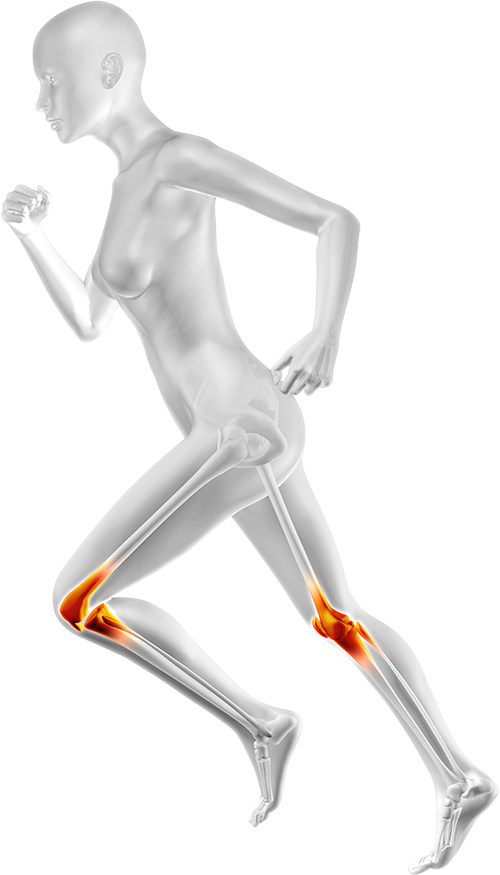MAGNESIUM
CITRATE MAX
Magnesium is essential for the function of important enzymes. However, the control of magnesium metabolism is less hormonally regulated than that of calcium or phosphorus.
calcium or phosphorus. Total body magnesium content depends mainly on gastrointestinal absorption and renal excretion.
Magnesium homeostasis: The net magnesium balance in an adult physiological archetype is zero, i.e., the same amount of magnesium that enters
is eliminated by the various excretory systems,
except in growing children, pregnant and lactating women, where more enters than is excreted. The only route of entry is nutritional but excretion is through feces, urine and sweat.
feces, urine and sweat.
Intestinal Absorption
It is recommended 350 mg/day for men, 300 mg/day for women and 150 mg/day for young children. During pregnancy or lactation the daily requirement is estimated at 400 milligrams. The factors that inhibit the absorption of calcium also disturb the absorption of magnesium: phosphate, calcium, alkalis, excess fat. It is also decreased by alcohol, phosphates and the ingestion of foods with high water and protein content. Parathyroid hormone increases the absorption of magnesium by the intestine.
Renal metabolism
Excretion is through the kidneys, liver – gall bladder -, pancreas and gastrointestinal tract. Excretion through urine is relatively low since the kidney efficiently conserves magnesium. Aldosterone increases renal permeability for magnesium, as it does for potassium, to conserve sodium.









